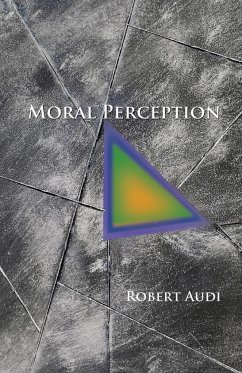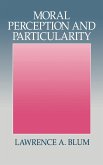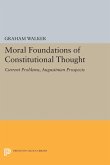We can see a theft, hear a lie, and feel a stabbing. These are morally important perceptions. But are they also moral perceptions--distinctively moral responses? In this book, Robert Audi develops an original account of moral perceptions, shows how they figure in human experience, and argues that they provide moral knowledge. He offers a theory of perception as an informative representational relation to objects and events. He describes the experiential elements in perception, illustrates moral perception in relation to everyday observations, and explains how moral perception justifies moral judgments and contributes to objectivity in ethics. Moral perception does not occur in isolation. Intuition and emotion may facilitate it, influence it, and be elicited by it. Audi explores the nature and variety of intuitions and their relation to both moral perception and emotion, providing the broadest and most refined statement to date of his widely discussed intuitionist view in ethics. He also distinguishes several kinds of moral disagreement and assesses the challenge it poses for ethical objectivism. Philosophically argued but interdisciplinary in scope and interest, Moral Perception advances our understanding of central problems in ethics, moral psychology, epistemology, and the theory of the emotions.
Hinweis: Dieser Artikel kann nur an eine deutsche Lieferadresse ausgeliefert werden.
Hinweis: Dieser Artikel kann nur an eine deutsche Lieferadresse ausgeliefert werden.








